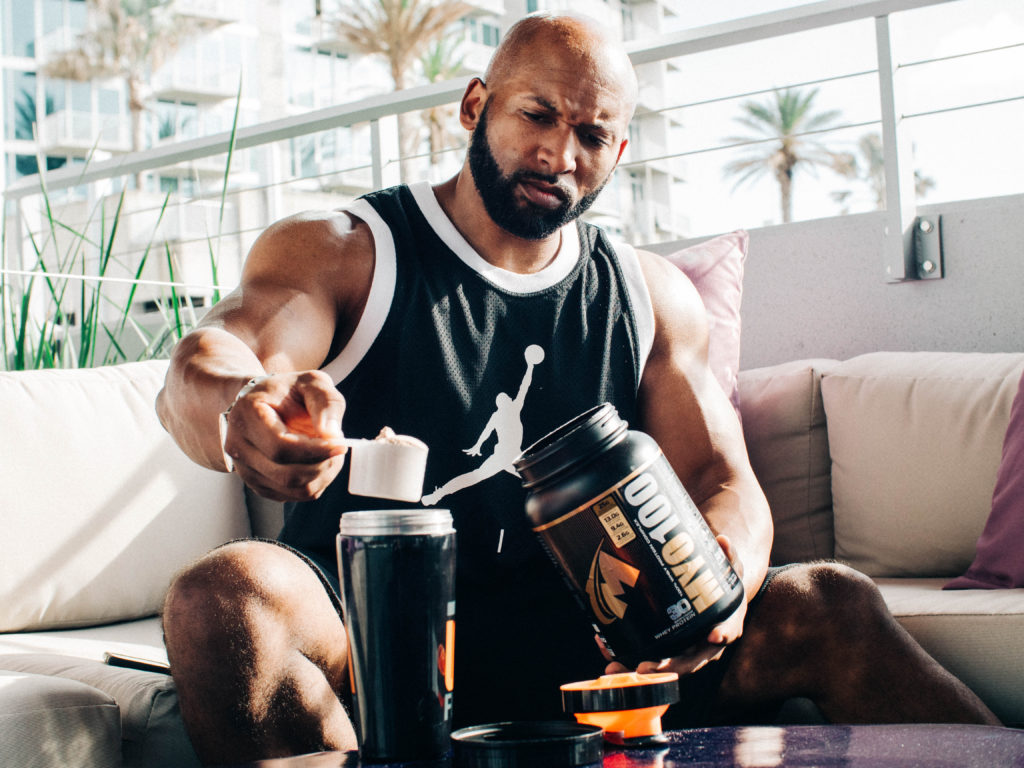In the 1970s, bodybuilding supplements were only available through mail order, from those little ads you saw in the muscle magazines. The powders arrived and tasted like shredded cardboard. You chugged them down with some raw egg whites mixed in and dealt with the gastrointestinal discomfort for hours.
In the 80s and early 90s, you had to make a special trip to the only GNC in town. There, you could find all sorts of vitamins, weight gain powders, and mysterious elixirs which promised to transform your physique. This was the Wild West period of supplements, which rumors of companies spiking products in order to garner great reviews, and varied doses ranging from useless to overkill as companies learned what they had and how it worked and sold. Everything cost an arm and a leg, as there was no real competition to keep the big supplement store honest.
In the late 1990s and early 2000s, things started to change. Various chains of health food and supplement stores started popping up. Grocery stores began carrying muscle-building and weight loss products, as the fitness craze was at its peak. Some standards and consistency in products began to emerge. Suddenly you could open a tub of creatine or whey and you were fairly confident what you were getting. Prices fell significantly. Supplements became available to a larger base of shoppers.
Today, bodybuilding supplements are quickly becoming a commodity. There is plenty of demand for them, and they can be supplied by many companies. There are now dozens of companies competing to sell the same products, and this means that the sellers have to “stay honest”. Price has become the primary indicator for what sells and what doesn’t. Store owners no longer have one product offer from one company. They have dozens of companies eager to put the same product on the owner’s shelf. So the owner can select the most inexpensive of these near-identical products.
For the consumer is a good thing. The price of muscle building and fat loss products has dropped significantly, and they will stay dropped. Manufacturers now exist worldwide and there is no monopoly on any product for long, as breakthrough products are quickly reverse engineered and rushed to the store shelves by competitors. A tub of whey is quickly becoming akin to a gallon of milk or a bag of flour – grocers simply CANNOT raise the price even a dollar.
For the investor, the businessman, or the bodybuilding consumer, knowing that supplements are now part of the mainstream grocery system as a commodity is very useful information. Your portfolio might enjoy the stability. The business you own will have more leverage in negotiating with vendors. And for the bodybuilder, the products you regularly buy will become cheaper, and of higher quality. See, economics doesn’t have to be boring, if you can get big, or get rich from it!

